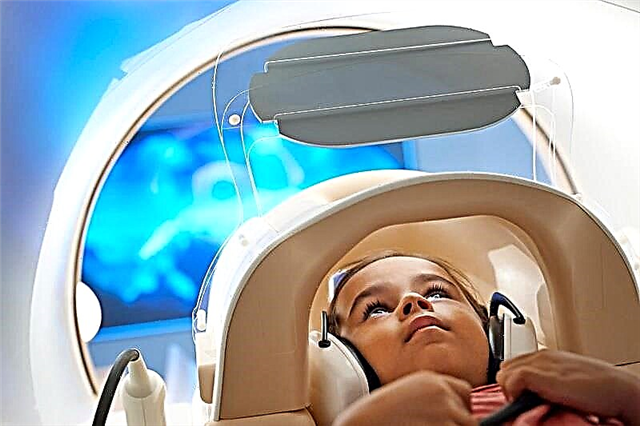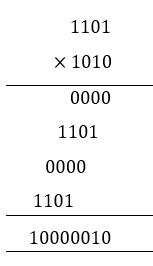
Iodine plays a significant role in the child's body. First of all, this element is important for the functioning of the thyroid gland and the formation of its hormones, which are responsible for metabolic processes. Also, daily consumption is required for the functioning of other organ systems of the child.

Childhood needs
Since iodine is not formed in the child's body, it must be fed into the child's body daily with food or as part of supplements. Depending on the age, the child needs the following amount of iodine every day:
Deficiency symptoms
Babies with iodine deficiency are more likely to get sick, become lethargic and nervous. The child will have weakness, headaches, complaints of discomfort in the throat (feeling of a coma and soreness), difficulty swallowing. His physical activity decreases, and a dry cough may appear.
Long-term lack of iodine in food can affect the mental development of the child and the state of the thyroid gland. Deficiency results in mental retardation, goiter, and hypothyroidism. The thyroid gland increases in size, nodes can form in it, and the level of hormones decreases.

Iodine products
Most often, iodine deficiency is associated with an unbalanced diet of children, so the task of parents should be to control the diet of a son or daughter. The child's menu should contain the following products:
- Seaweed.
- Hake, salmon, haddock, flounder and other fish.
- Squid and shrimp.
- Whole milk, hard cheese and fermented milk products.
- Chicken eggs.
- Pork, beef and other meat dishes.
- Broccoli, greens, peas, beans and other vegetables.
- Persimmons, melon, grapes, banana, apples, strawberries, citrus fruits and other fruits or berries.
- Buckwheat, millet, oatmeal, rye and wheat flour bread.
- Champignon.

It is important to remember that heat treatment reduces the amount of iodine in the product, so it should be gentle. The best option is called steaming. Iodized salt is also of great importance in preventing the lack of this element.
Who needs vitamins with iodine
Iodine supplements are recommended for children:
- Living in an area where this trace element is scarce in soil and water.
- With a hereditary predisposition to thyroid diseases.
- With diseases of the digestive tract, which impair the absorption of nutrients from food.
Drug overview
To supplement the children's diet with iodine, supplements based on potassium iodide are used. Its dosage for the prevention of goiter is 50-100 mcg of iodine under the age of 12 years and 100-200 mcg of iodine for children over 12 years of age. The duration of use should be agreed with the doctor, since in some cases prophylaxis is carried out for only a few months, and sometimes such supplements need to be taken for life.
Preparations in which iodine is the main component are:
- Iodomarin 100 or 200.
- Iodine balance.
- Iodine Vitrum for children.
- Iodide 100 or 200.
- Potassium iodide.
- Yodostin.
- Microiodide.

Most of these drugs are produced in tablets and are used from birth - for the smallest, the tablet is dissolved in a small volume of water.
For the prevention of iodine deficiency in childhood, iodine-containing vitamin complexes are also often used. Iodine in them is often represented by potassium iodide or sodium iodide. Here are the most popular multivitamins:

In the video below, you can see what Dr. Komarovsky says about the benefits of iodine for the child's body, and how iodine deficiency can affect the development of the child.



